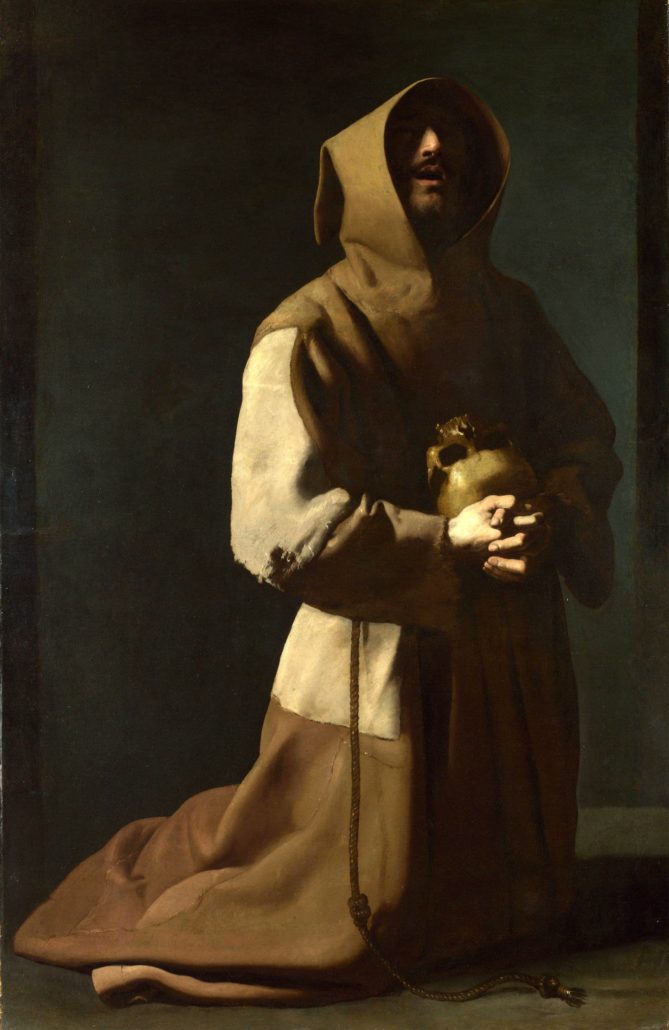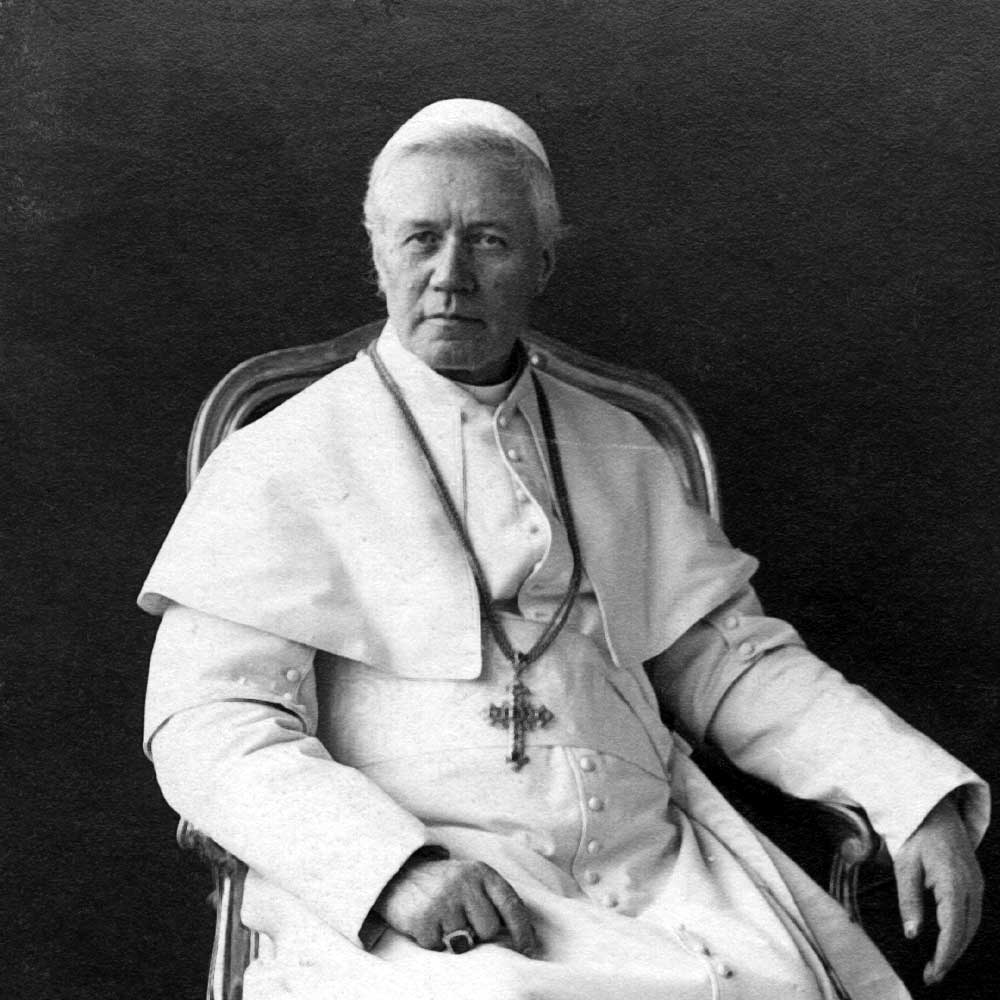(My latest for Catholic Answers Magazine.)
These days I take a lot of heat for my name.
When I introduce myself as “Cale”, I quickly have to add, “not spelled like the vegetable.” This often leads to a bit of repartee, in which I explain that my father was a big fan of the famed race-car driver Cale Yarborough. Eating Kale wasn’t really a thing when I was born, but now that it is, perhaps I should change my name to “Arugula.”
This sometimes gets me thinking about some of the more unique names in the Gospels, like that of St. Bartholomew, whose feast we celebrate on August 24th. Often it is alleged—in both scholarly and popular circles—that the Gospels are late, legendary documents written many decades after Jesus died, or that they are not based on eyewitness testimony, and, as such, are not to be trusted.
Recent studies on names in Jewish antiquity, however, give us new reasons to challenge such assumptions.
Building upon the work of the Israeli historian Tal Ilan, Richard Bauckham has compiled lists of the most popular Jewish names at the time of Jesus. In his magnificent tome, Jesus and the Eyewitnesses, the famed Cambridge New Testament scholar shows that there were clear regional preferences for certain names, even within the same ethno-religious group. In Egypt, for example, the most popular Jewish names would have been different from those in Roman-occupied Palestine, where Jesus lived, even though the regions were adjacent to one another.
Greg Monette, in his book The Wrong Jesus, takes Bauckham’s list of the most popular Jewish names in Roman Palestine and applies it to the list of Jesus’ apostles in Matthew (with their respective rank in parentheses):
The names of the twelve apostles are these: first, Simon (1), who is called Peter, and Andrew his brother; James (11) the son of Zebedee, and John (5) his brother; Philip (61) and Bartholomew (50); Thomas and Matthew (9) the tax collector; James (11) the son of Alphaeus, and Thaddaeus (39); Simon (1) the Cananaean, and Judas (4) Iscariot, who betrayed him” (Matt. 10:2-4).
Andrew is a Greek name, and therefore unranked, although he may have had another, more common Semitic name. Thomas’ name is Aramaic for “twin” and is likely his nickname, and therefore also was not ranked.
This explains why there are always “qualifiers” applied to figures in the Gospels who have extremely common names. “Simon”, as the list above shows, was the most popular Palestinian Jewish male name in Jesus’ day—hence the need to differentiate “Simon, who is called Peter (the name bestowed on him by Jesus, meaning “Rock”)” from “Simon the Cananaean”. Bartholomew owned only the fiftieth most popular name, and Philip had the sixty-first, so there was no danger, really, of confusing them with anyone else in the apostolic band. Hence, they could be identified by only one name.
Other common qualifiers included one’s father’s name, known as a patronymic, such as “Simon Bar-Jonah” (Matt. 16:17). The Aramaic “Bar,” of course, means “son of”. Place of origin was another differentiator; hence “Jesus of Nazareth.” By the way, in case you were wondering, “Jesus,” which is the same name as “Joshua” (or “Yehoshua” in Hebrew, meaning “God saves”), was the sixth most popular name at the time.
Why does all of this matter? Because it shows once again that the Gospels cohere with the way things really were at the time, making their historical accuracy much more likely.
If the Gospels, as critics allege, were really written many decades after the events in question and made up out of whole cloth, what would be the likelihood they would have picked the right names for their “characters”? This idea is akin to someone today penning a fictional story set a century ago in another country—one might have a hard time coming up with historically accurate names for that place, at that time. Of course, Google could help with this, but imagine trying to do that almost 2,000 years ago on your own! It would be technically possible, but highly unlikely.
The fact that the Gospels do display accurate first century Palestinian Jewish names is a mark of authenticity, making it extremely likely that they were indeed written very close in time to the historical events they narrate, and that they reflect eyewitness testimony.
One might argue, “Perhaps the names and accounts were still fabricated—but by contemporaries, not someone coming along several decades later.” One major problem with that objection is that and could have set the record straight as the Gospels began to circulate. In this scenario, they might have gotten the names right, but the events of Jesus’ career couldn’t have been fudged, with so many eyewitnesses who could have easily refuted such reports, were they not factual.
Before we go, I want to talk about Bartholomew in particular (it is his feast day, after all). Who was he, really?
This has proved to be a somewhat difficult question to answer. He’s a bit of a man of mystery, so he isn’t necessarily the most popular of Jesus’ disciples today. His first post-New Testament mention isn’t until the fourth-century Ecclesiastical History by Eusebius, which states that he, at some point, may have been evangelizing in India. Various accounts of his martyrdom have also been proffered.
To further complicate things, we’re not absolutely sure what his real name was. Many scholars have historically claimed that Bartholomew was the same person as Nathanael, who famously scoffed at the idea that the Messiah could hail from Nazareth (John 1:43-51). One reason that scholars believed this is that Nathanael, who is never mentioned in the Synoptics (Matthew, Mark, and Luke), appears in John’s Gospel, while Bartholomew, present in the Synoptics, is never mentioned in John. In the lists of the apostles in the Synoptics, Bartholomew’s name follows Philip’s, implying a connection between them—and it is Philip, in John’s Gospel, who introduces his friend Nathanael to Jesus.
But Bauckham cautions us about being too dogmatic about this. As we saw earlier, name differentiators were often used when a person’s given name was very common. Bartholomew’s name means “Bar-Tolmei”, or “son of Tolmei,” and the name Tolmei/Bartholomew was only the fiftieth most common name. So, Bauckham reasons, if one was going to use such a unique name as a replacement, that would indicate he had a common given name. But that would seem to rule out Nathanael as a name, since it was already an uncommon name in Israel. In fact, tied with Bartholomew for fiftieth place. In other words, there shouldn’t have been a need for Nathanael to call himself Bartholomew at all to differentiate himself from anyone else among Jesus’ apostles.
Perhaps ol’ “Bart” and “Nate” aren’t the same person after all—or maybe they are! We may not have absolute certainty about that issue this side of heaven, but we can take heart in the fact that the Jewish names in the Gospels are marks of authenticity for these books. And we can still celebrate the feast of St. Bartholomew with a great meal, perhaps even serving up some kale—or maybe arugula, instead.



 Today marks the feast day of Pope St Pius X, who occupied the See of Peter from 1903-1914. One of St Pius’ great reforms was to lower the age of first communicants to the age of reason (usually considered to be around eight years old). As long as a child believed that the Eucharist was the Body, Blood, Soul, and Divinity of Jesus Christ – hidden under the appearances of bread and wine, that child could receive communion. This is a great thing, because it reminds us that we can be sure a doctrine is true, without necessarily having complete and total understanding of it.
Today marks the feast day of Pope St Pius X, who occupied the See of Peter from 1903-1914. One of St Pius’ great reforms was to lower the age of first communicants to the age of reason (usually considered to be around eight years old). As long as a child believed that the Eucharist was the Body, Blood, Soul, and Divinity of Jesus Christ – hidden under the appearances of bread and wine, that child could receive communion. This is a great thing, because it reminds us that we can be sure a doctrine is true, without necessarily having complete and total understanding of it.